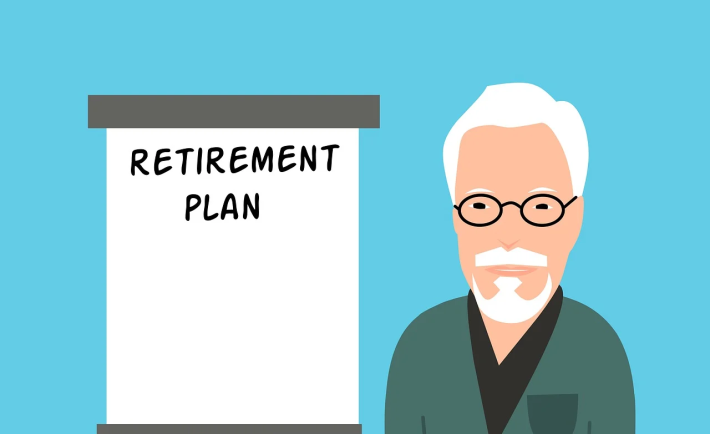Planning for retirement can feel overwhelming. With so many unknowns and variables, it can be difficult to know where to start.
Good thing, there are tools that can help you make smarter retirement decisions. One of these tools is a Personal Capital Retirement Calculator.
But, what exactly is it? How can it aid you in planning for your future retirement?
Keep on reading as we break down how this tool can help you plan your retirement with ease.
How the Personal Capital Retirement Calculator Works
The Personal Capital Retirement Calculator is a user-friendly tool that helps you determine how much money you’ll need to save for retirement. It takes into account various factors such as:
- Your current savings
- Expected retirement age
- Lifestyle goals
Simply input your information, and the calculator will provide you with an accurate projection of your retirement savings. This way, you can see if you’re on track or if you need to make adjustments.
Benefits of Using the Personal Capital Retirement Calculator
Utilizing the Personal Capital Retirement Calculator offers a number of benefits. This includes:
One of the biggest advantages of using this calculator is its accuracy. Unlike generic retirement planning tools, the Personal Capital Retirement Calculator provides personalized savings projections based on your unique financial situation.
This allows you to make informed decisions about your retirement savings. It also gives you peace of mind knowing that your financial future is secure.
The calculator is designed to be simple and easy to use, even if you’re not a finance expert. Just enter your information, and the tool does the rest. There’s no need to worry about complicated formulas or confusing jargon.
This makes it accessible for everyone, regardless of their financial knowledge.
Comprehensive Retirement Savings Guide
In addition to providing accurate savings projections, the Personal Capital Retirement Calculator also offers a comprehensive retirement savings guide. This guide includes:
- Personal finance tips and strategies
- Valuable information on investment options
- Potential risks to consider
Whether you’re just starting out or nearing retirement, the guide can provide valuable insights to improve your financial planning.
Understanding Taxes in Retirement
When planning for retirement, it’s important to consider how taxes will impact your savings. Different types of income are taxed differently. With taxes in retirement explained, you can better prepare for the tax implications of your retirement income.
The Personal Capital Retirement Calculator takes taxes into account. By factoring in tax rates and potential changes, you can get a more accurate picture of your retirement savings. This will help you make more informed decisions about your retirement planning.
Exploring the Use of Personal Capital Retirement Calculator
The Personal Capital Retirement Calculator is the ultimate tool for individuals looking to plan for a secure and comfortable retirement. With its user-friendly interface and detailed analysis, you can confidently make informed decisions about your financial future.
So, what are you waiting for? Take control of your retirement and sign up for Personal Capital’s retirement calculator today!
Was this article helpful? If so, check out the rest of our site for more informative content.











